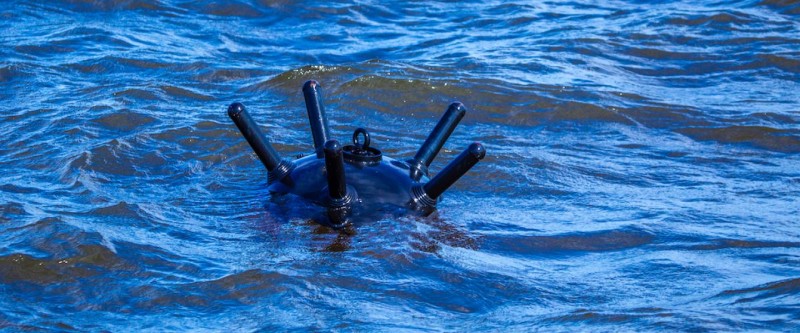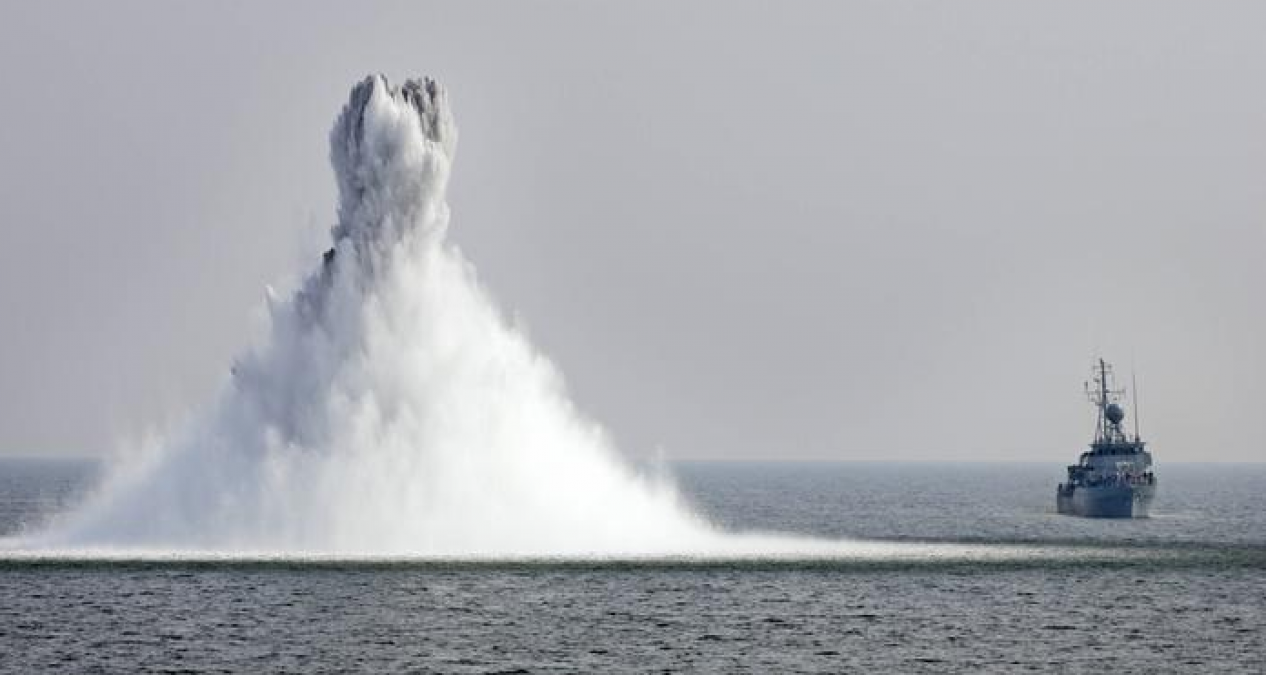
Ukraine: Despite a successful deal to provide safe corridors through the Black Sea, shipping companies are in no hurry to export millions of tons of grain stranded in Ukraine.
That's because explosive mines are floating in the water, shipowners are assessing the risks, and many people are still unsure how the deal will go.
The complexities of the agreement have had a slow, cautious start, but it is only valid for 120 days - and the clock started ticking last week.
Over the next four months, the target is to receive 20 million tonnes of grain from three Ukrainian ports that have been closed since Russia's February 24 invasion. This allows four to five large bulk carriers per day to deliver grain from ports to millions of hungry people around the world.
The agreement states that Russia and Ukraine will provide "maximum assurance" for ships that brave the Black Sea to reach the Ukrainian ports of Odessa, Chernomorsk and Yuzhny.
"Clearly the primary risk is going to be mine," said Monroe Anderson, Dryad's chief of intelligence and founding partner. The maritime security consulting firm is collaborating with insurers and brokers to assess the risks that ships could face along the route in the form of marine mines placed by Ukraine to prevent Russian drift.

On Wednesday, Turkey's defense minister said it was not immediately necessary to destroy the waters, but that could change.
Ukrainian officials have expressed hope that exports from one port will resume within a few days, but have also said it could take two weeks for all three to reopen. Experts in Ukraine are determining safe shipping routes.
Meanwhile, shipowners, charter and insurance companies are trying to figure out how the deal will work.
Since the start of the war on 24 February, two merchant sailors have been killed and seven commercial ships have been hit by projectiles, two of which have sunk off the coast of Ukraine. The war has disrupted global trade, stranding more than 100 ships in several ports in Ukraine.
It also gives a lot of time for things to go wrong. Just hours after the agreement was signed, Russian missiles struck Ukraine's Odessa port, which was involved.
Another key component of the agreement is ensuring that shipping and insurance companies transporting Russian grain and fertilizer will not fall into the wider web of Western sanctions. However, the agreement reached by Turkey and the United Nations goes against the reality of how difficult and risky it would be to implement the agreement.
"We're going to have to work very hard now to understand how this is practically going to work," said Guy Platten, secretary general of the International Chamber of Shipping, which is one of the national shipowner associations representing about 80% of the world's merchant fleet. represents.
"Can we ensure and guarantee the safety of employees?" What will happen to mines and mines too? So there's a lot of uncertainty and unknown right now," he explained.
Farmers in Ukraine are running out of storage capacity as a result of the new crop, so it is important to get wheat and other food items out. Millions of people in Africa, the Middle East and South Asia already face food shortages and, in some cases, famines as a result of these grains.
Ukraine and Russia are major global suppliers of wheat, barley, corn and sunflower oil, with fighting in the Black Sea region, known as the "bread basket of the world", driving up food prices, in developing countries. threatens political stability in the U.S., and prompts some countries to impose restrictions on food exports to escalate the crisis.
Work at the newly opened Joint Coordination Center in Istanbul overseeing the export deal is underway "with the goal of seeing shipments leaving Ukrainian ports quickly, safely and effectively," according to UN humanitarian chief Martin Griffiths. He said the International Maritime Organization's director of legal and external affairs and a retired US Coast Guard rear admiral and judge advocate, Frederick Kenny Jr., is leading the United Nations' efforts to get the grain deal up and running.